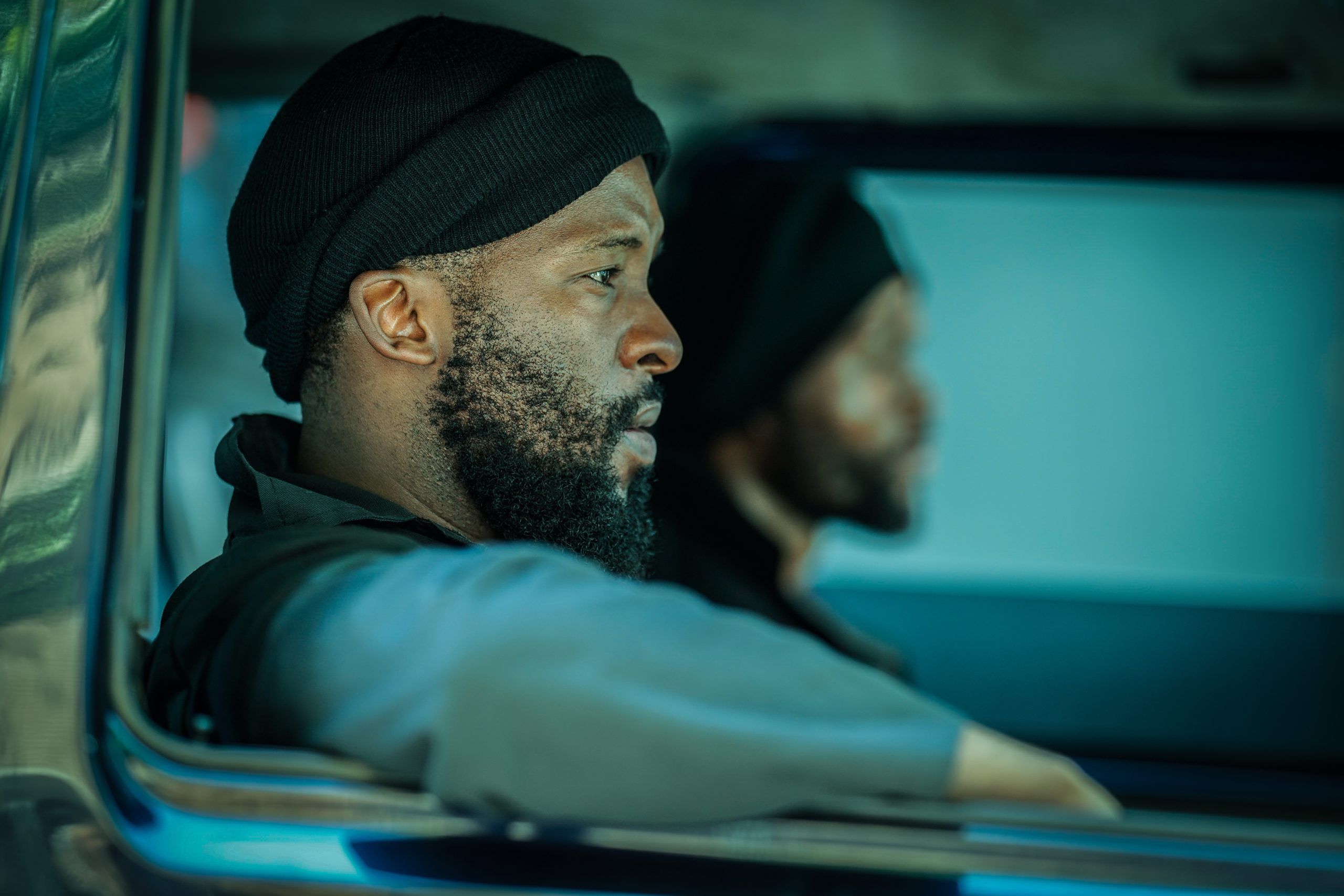There is a thin line between life and how it imitates art. In an essay titled ‘The Decay of Lying’, 1889, Oscar Wilde describes it vividly, expressing the notion of events in the real world being inspired by creative work. Wilde offers insight, yet, what remains, still, is the inquisition: how do we use artistic imitations of life to address underlying broader issues existing in our society?
Think, Dudu Busani-Dube’s bestselling novel adapted Showmax series,The Wife, depicting a “wild ride” through the taxi business and the love story of a young woman named Mahlomu — played by Mbalenhle Mavimbela — who meets Mqhele Zulu — played by Bonko Khoza in season 1, 2 and Wiseman Mncube in season 3. Their love transcends as they stand by each other through good and bad. However, Mqhele and his seven brothers have a dark and tumultuous past that involves a dead warlord father, mob justice, and lots of unaccounted money within the taxi sector. This series may be exemplified as the modern-day Romeo and Juliet, as typical for any narrative showcasing the woes and toils of love. In South Africa, so many bodies of work have portrayed such a tale but only a few have been able to capture the true reality of the lives of average black South Africans — which The Wife does exactly, highlighting a convergence of guns, taxis and violence, which continue to plague South Africa.

The Zulu brothers, as a collective, are a lens of an ongoing phenomenon where powerful men do as they please while putting the lives of many at risk. Busani-Dube places the setting of most of this production in a taxi rank, portraying the everyday battles of the taxi industry. Furthermore, offering a general battle across South Africa’s taxi space. Beyond telenovelas, the taxi industry is known for its perpetual, adverse effects on commuters, businesses, and the transportation system at large. Each of the Zulu brothers takes us on a journey of understanding different stakeholders who exist in the industry. However, what remains common is their relationship with guns, further leading to acts of violence. If you watch closely, it’s easy to pick up the semantics that propel questioning things such as: why is gun accessibility an unnoticed and unattended issue in South Africa?
In a country such as South Africa, where femicide and murder rates are high, it’s impossible not to wonder how guns are accessed. Moreover, why are they so easy to attain?
Through The Wife, albeit fictional, we witness how guns are part and parcel of the taxi industry. Even in real life, this is a known fact. The term “taxi wars” has commonly been used to refer to the turf wars fought between taxi associations and individual minibus taxi drivers in South Africa since the late 1980s. Often portrayed in the series through a feud between the Zulu brothers and the Majola brothers, this term finds expression in everyday life. In 2021, amaBhungane Centre for Investigative Journalism reported an increase in taxi violence in Cape Town, Gauteng and Eastern Cape, with over 150 incidents of shootings, stonings and other acts of violence and intimidation at taxi ranks between taxi lords, affecting other parties such as bystanders and commuters. Yet, not much is done, instead, it’s become normalised to witness violence at these taxi terminals. Busani-Dube captures everyday people such as vendors and car wash attendants being caught in crossfires and perpetual violence existing in the taxi industry, much like on-ground experiences we typically hear about on the news. Although the government has seen this time and time again, there still hasn’t been much done to strengthen Firearm Laws and prevent taxi turf wars by regulating taxi drivers and taxi associations.
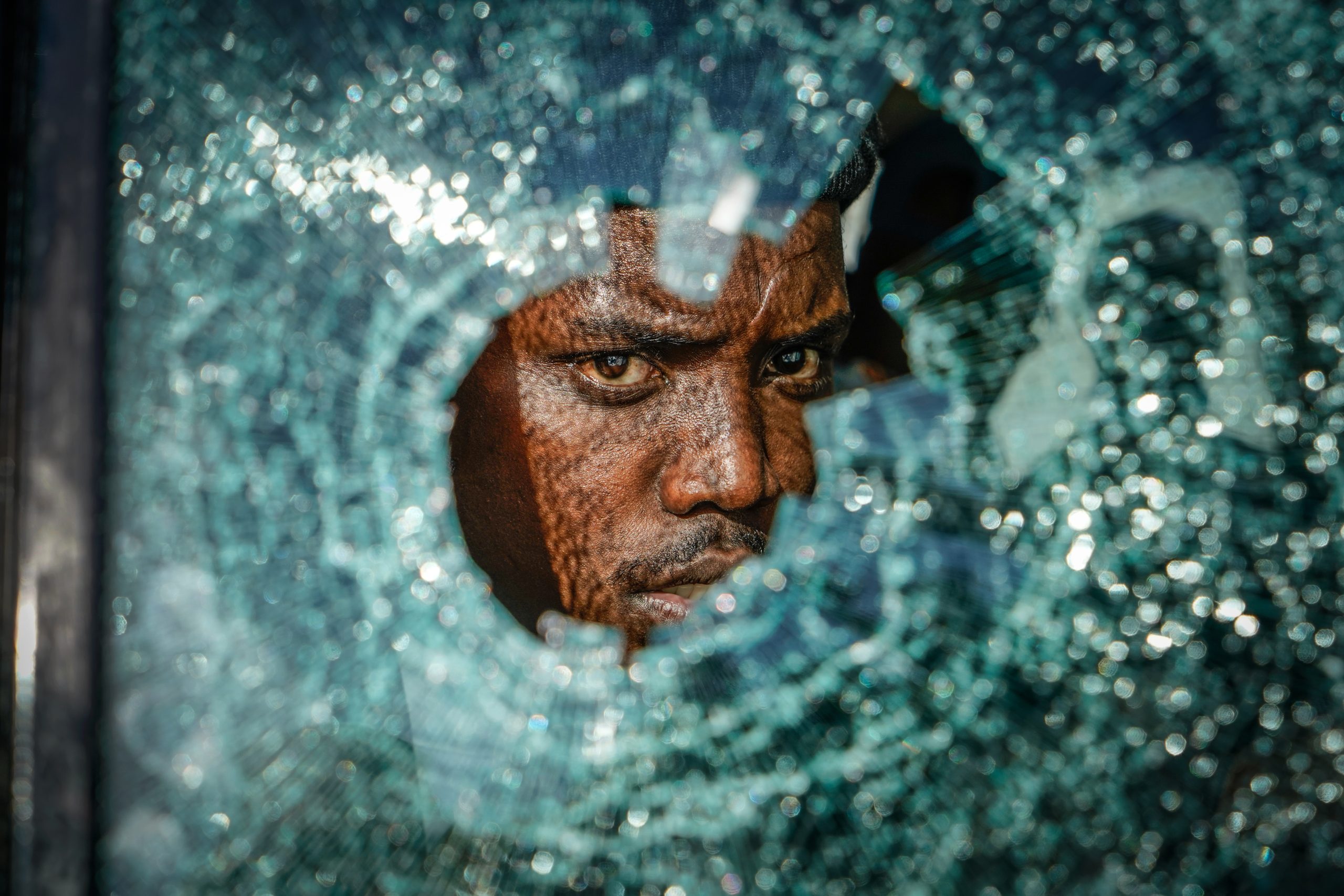
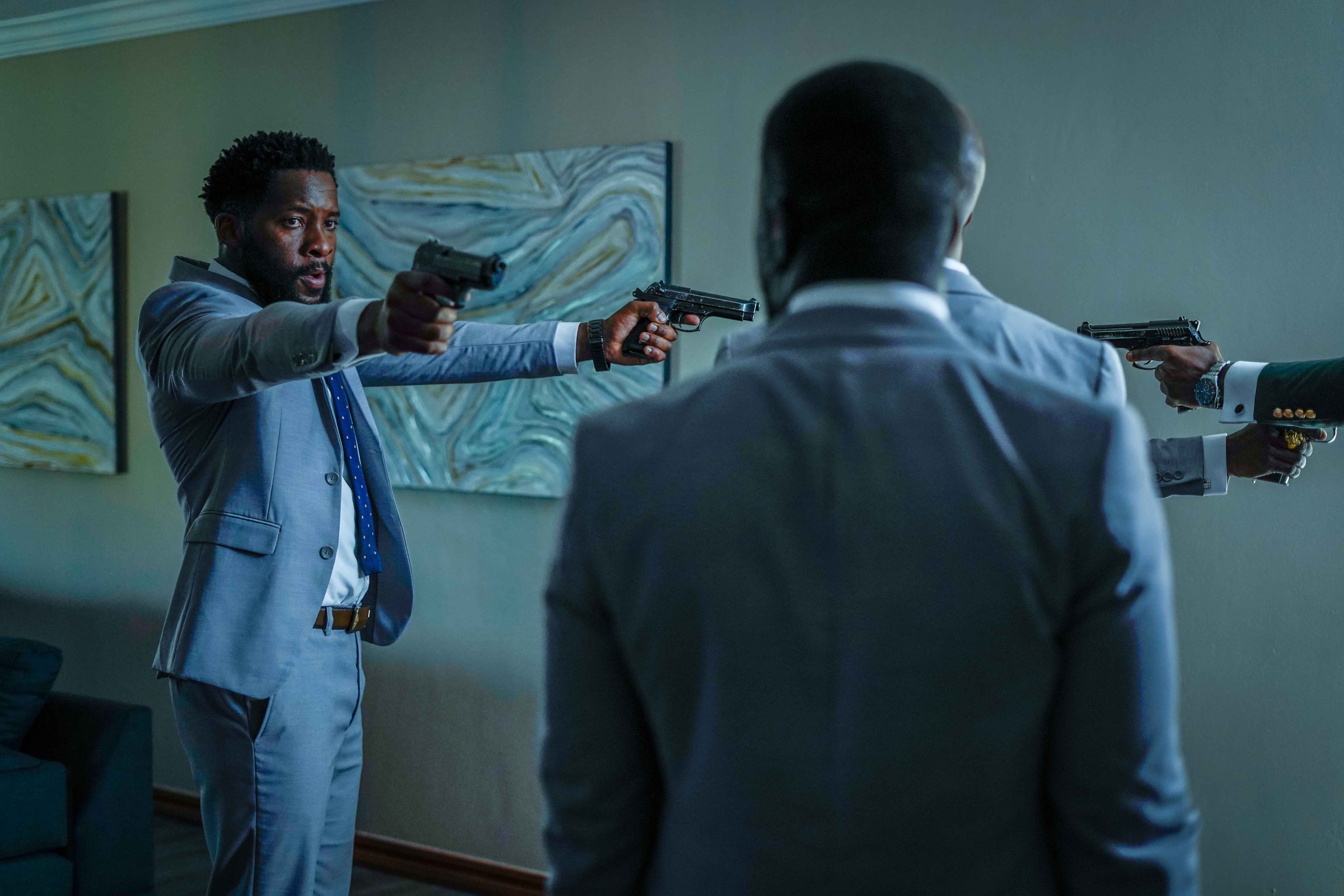
Prior to 1987, taxis were highly regulated and controlled, thereby being illegal to operate without a permit. The rapid deregulation made it possible for new taxi owners and drivers to enter the industry. Road safety organisation Arrive Alive notes: “in the absence of state regulation, groups of operators banded together to form local taxi associations, which intervened to regulate loading practices and prices. It was not long, however, before taxi associations began to use their organisational strength to extract income, commonly using violence.”
An article by Jackie Dugard that focused on taxi violence from 1987 to 2000 found that corruption was the consequence of the deregulation. Permits were handed out “like confetti” as taxi owners were no longer required to prove their need for service in a specific location or any level of financial security or ability when applying. Authorities were infamous for offering preferred applicants discounted prices and accepting bribes. As result, operating in the taxi business was as easy as “buying a taxi and a 5ml gun” and “off you went.”
Taxi lords and their employees are notoriously known for monopolising the transport industry, and the only way they do so is through gun power. Most recently, many South Africans have been exposed to the culture of ‘inkabi’, most connoting it to the pointer Lester jacket, Omega sandals and Brentwood pants that Big Zulu or famous tiktoker Bafana Mthembu are stylishly known for, but no, ‘inkabi’ is a Zulu word descriptor for a hitman. Iinkabi have often been attached to the Kwa-Zulu Natal province, with most of them being from the hostels, but the term could refer to anyone with gun power. In an article titled, ‘Culture of Blood: Tragedy and treason in the killing fields of KZN‘, Marianne Thamm succinctly describes them as, “young assassins for hire, happy to freelance for anyone from politicians, taxi bosses, corrupt cops to angry ex-lovers.”
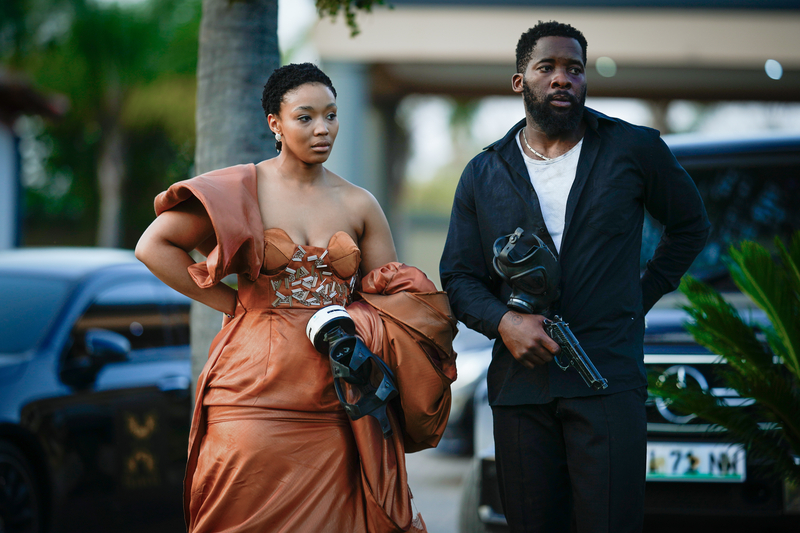
Iinkabi have become a currency in the machinery of the taxi industry. What is important to note is that, iinkabi are always ready to kill rivals and known to be untraceable. Gauteng MEC of Transport Mamabolo previously commented on the militarisation of the taxi industry expressing, “Taxi owners are bringing heavily armed (hitmen) to protect them. The taxi industry is being captured and the leaders think they can run the industry with guns. These people are making more money than the taxis themselves, they are collecting money at gunpoint.”
As The Wife develops, we gain insight on how iinkabi operate, as they are sent by the Majola brothers to eliminate Nqobizitha ‘Nqoba’ Zulu (played by Abdul Khoza). Who sadly dies, leading to the Majola brothers regaining their power. There is a causal link between iinkabi and how they are able to shift power dynamics to favour the person who’s sent them to attack another party, over lucrative taxi routes. The truth, beyond this series: the taxi industry, instead of developing a functioning system for commuters has become crime-infested, thereby leaving commuters unsafe. Mark Shaw’s ‘Hitmen for Hire’ describes the phenomena of inkabi as, “revealing a complex narrative characterised by a mix of brutal violence, politics and fierce competition”.
Amidst the chaos, lies a service. The taxi industry is the most critical pillar of our public system. Not only is it the most available mode of transport, but it is also the most affordable to the public. In a society where alternatives are minimal, particularly in the transport system where most cannot afford to turn to any other mode of transport than taxis, it requires us to interrogate at length: the effect of a dysfunctional transport system on those who need it most. It is even deeper with consideration that this very system does not hold ordinary people’s safety in its best interest. Thereby, placing individuals in disproportionate positions. If anything, it begs the question: do ordinary folk at the margins matter?
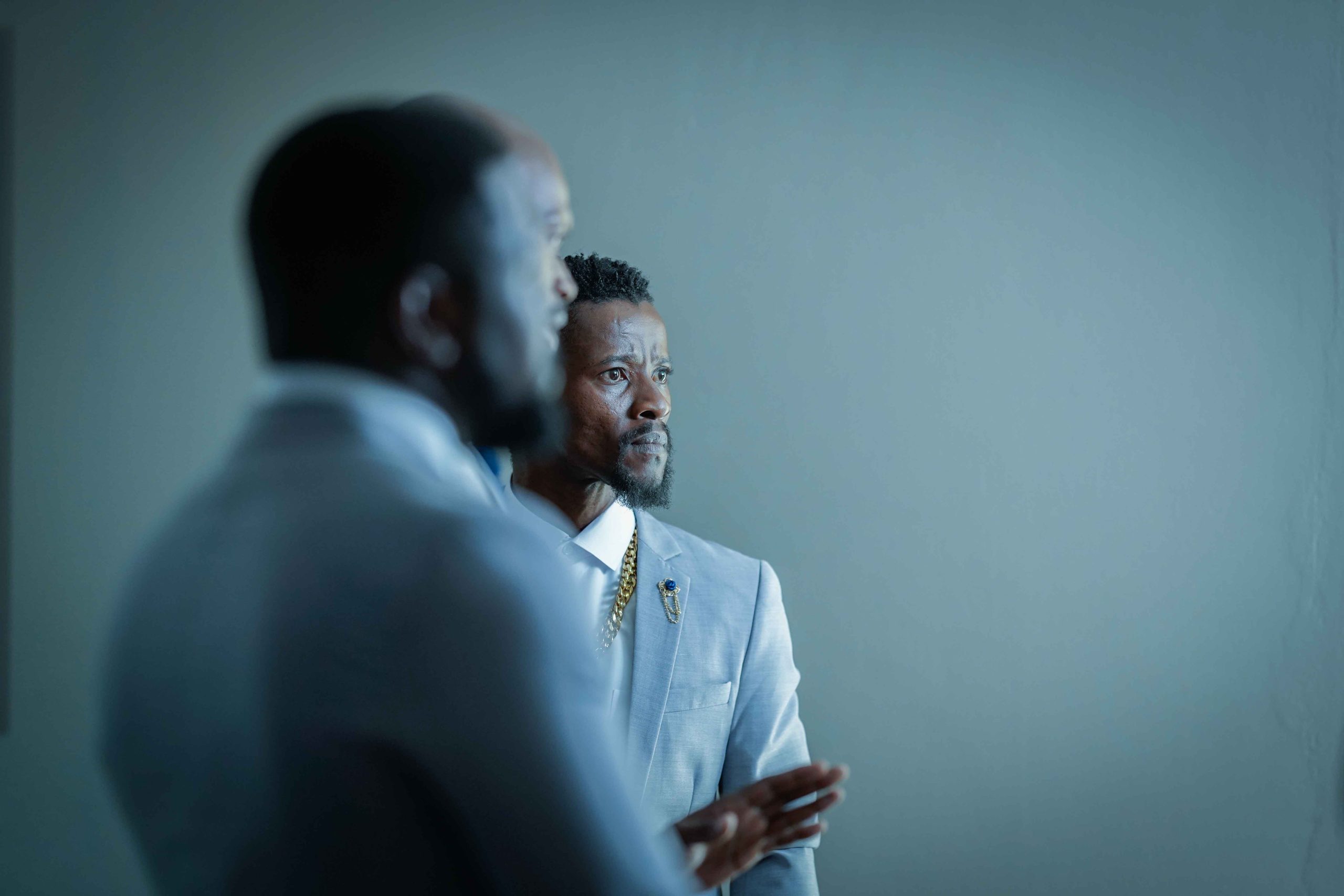
Nothing is more dreadful than boarding a taxi during a taxi war. Everyone in a taxi, including the driver, is at risk when inkabi is out. Even though inkabi is typically given orders to assassinate a major taxi association member or a taxi owner, the results have an impact on everyone. While the family of the deceased mourns their loss, taxi drivers are left to fend for themselves from competing owners or the fear of taxi wars.
In recent times, Cape Town experienced a taxi strike that lasted a little over a month. Everything came to a standstill. Commuters that normally used taxis had to find alternative ways to get to work. Busses and trains saw an influx of passengers while taxi violence led to the burning of these public services and the injury and death of many civilians.
Generally, the livelihood of those often overlooked is never of significance to their counterparts. Evidently, the issues that The Wife tries to unveil are a part of the ignorance of not only the taxi lords but also the government for not making attempts to do anything to mitigate adversity. In the series, numerous times when people are caught in a crossfire, it is normalised — this is even exemplified by a scenario where street vendors and commuters are endangered by a taxi altercation. It’s often accompanied by a lack of empathy towards those at the bottom of the chain, thus holding the perception of their lived experiences being less thereof.
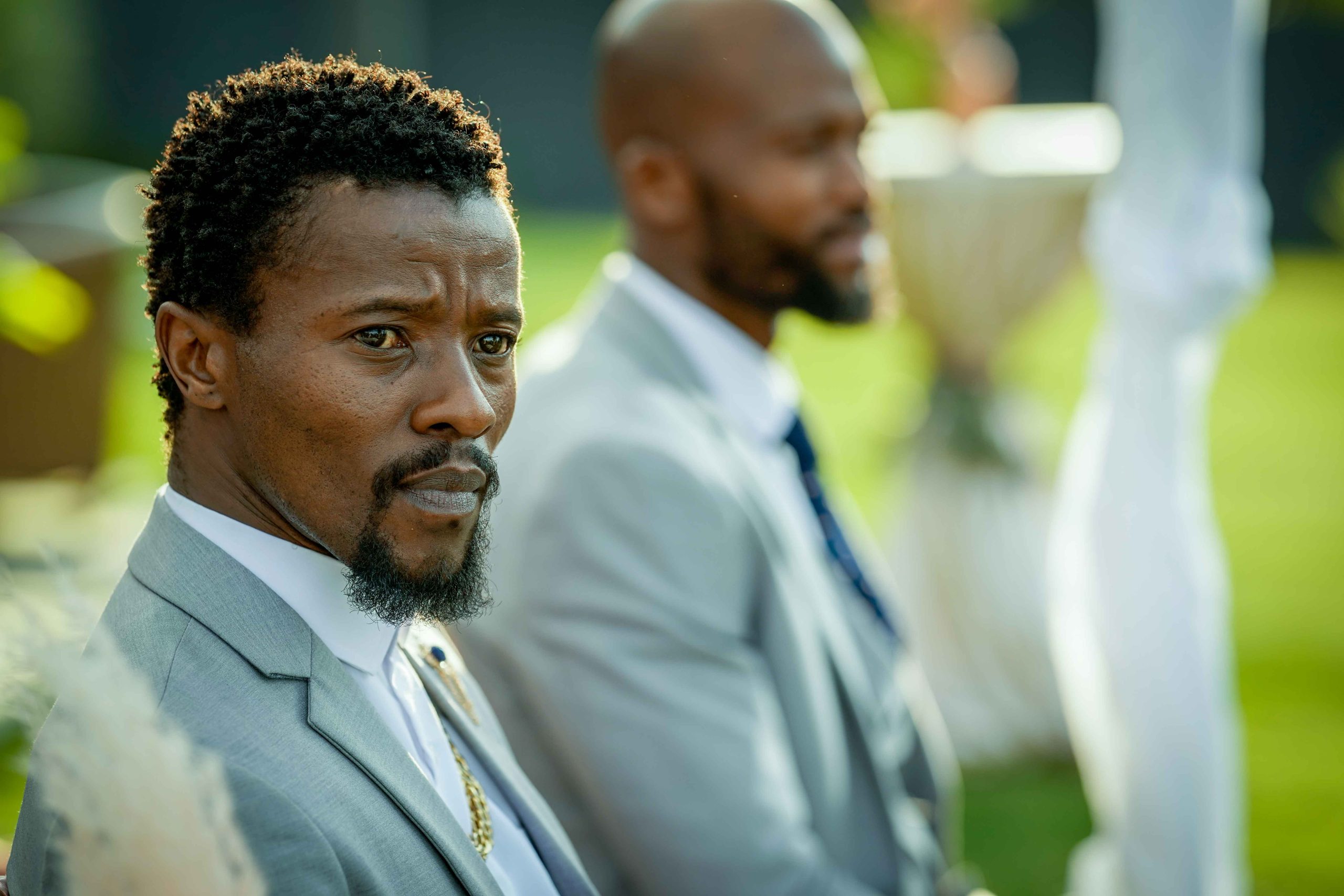
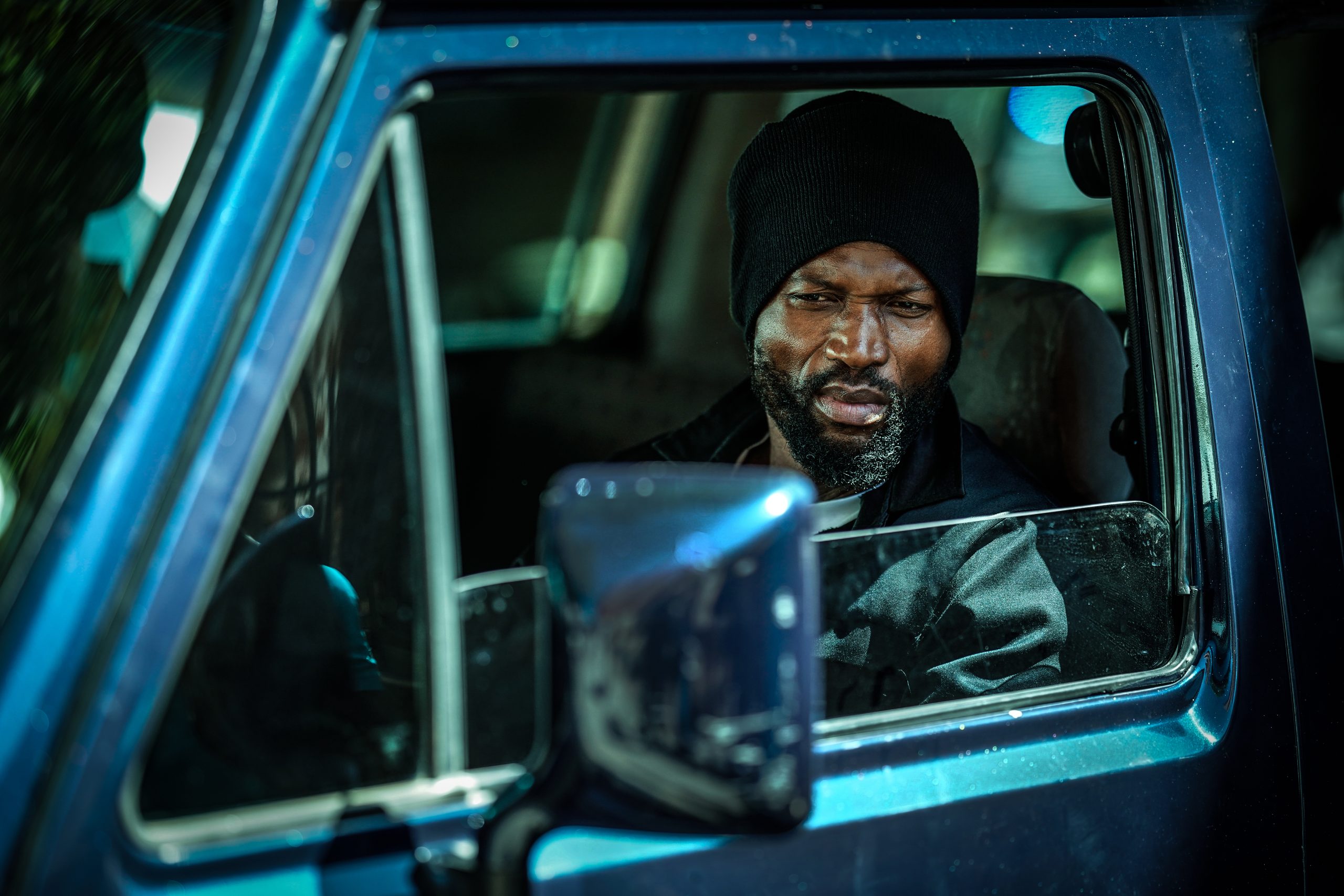
Ideally, we envision a society where transport does not probe into who’s deserving and who’s not — of a system that caters to its people. In fact, transport as a service should not be devised to devalue anyone over the other, similar to shelter, food security, and other pertinent issues of disparity. It is even more important that this is emphasised when individuals actively contribute to the success of the economy through supporting this system, not only as the only viable option but as a commitment to practising their freedom and citizenship. What happens to our freedoms of movement, when getting around, from home, work and recreational amenities is not prioritised? Irrefutably, it becomes furtherance of the anomaly of violence. A violent injustice by the government alongside the taxi industry, which is a cry for help, beyond taxi lord negotiations and calls for greater intervention.
Beyond Busani-Dube’s objective or true artistic intent, The Wife expands the lens through which we perceive these issues and ought to implement change.
Entering its finale season, The Wife sets the tone for a new generation of television-making premised by inquisition. Its ability to bring together many existing plights in the modern-day world has been impeccable beyond measure. It’s widened the idea of Wilde’s thesis, making art much more than what it is. Furthermore, advancing the interpretation of German philosopher Martin Heidegger, who much like Wilde viewed art as the means by which a community develops for itself a medium for self-expression and interpretation. Also, arguing that art — be it painting, literature or motion picture — is not only a way of expressing the element of truth in a culture, but creating it and providing a springboard from which “that which is” can be revealed. The Wife has so far succeeded at its revelation of mimesis representing real-life conundrums.
